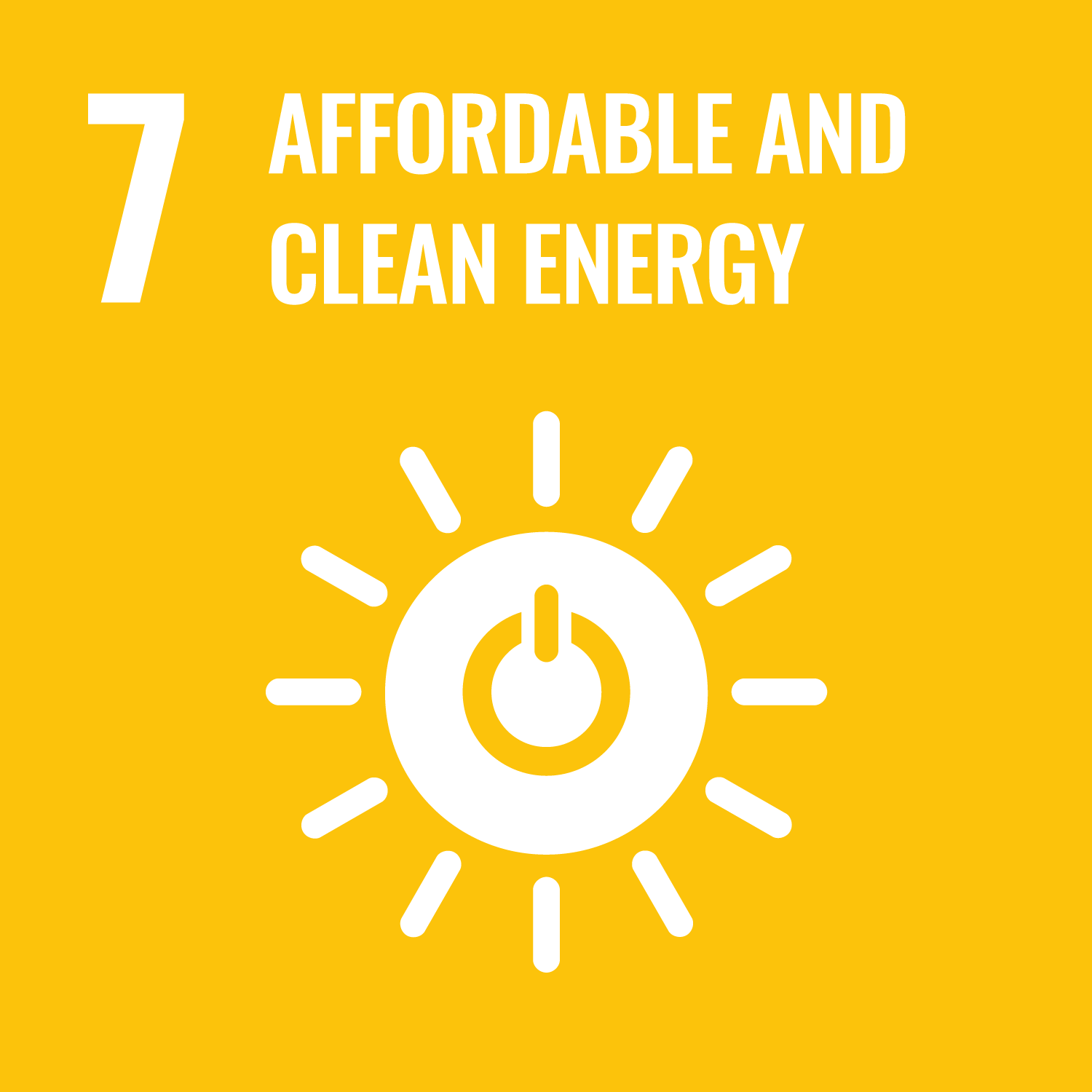Sustainable tropical wood can contribute to decarbonize societies, Executive Director tells policy dialogue
29 March 2024

Sustainably produced wood used for long-life purposes are a carbon sink. Photo: E. Macarios
29 March 2024: ITTO Executive Director Sheam Satkuru asserted at an international event, jointly organized by the Food and Agriculture Organization of the United Nations (FAO) and the International Union of Forest Research Organizations that there are several opportunities to continue working with countries to further develop sustainable wood supply chains in the tropics as important means for achieving society-wide carbon neutrality.
Ms Satkuru spoke at the Global Policy Dialogue on Advancing Sustainable Wood Policy and Science for Carbon-neutral and Resilient Economies, which took place on Monday 25 March 2024 at FAO headquarters, in conjunction with the International Day of Forests. She participated in the dialogue virtually from ITTO headquarters in Yokohama.
“Tropical wood is an environmentally friendly and carbon-neutral material, provided that safeguards for the implementation of sustainable forest management are firmly in place, ensuring sustainable sources, legality and responsible production,” said Ms Satkuru. “Sustainably produced wood used for long-life purposes are a carbon sink, and using wood in construction reduces the carbon footprint of buildings. Simultaneously, it increases the value of tropical forest resources, contributing to the life of forests in the mid- to long term.”
The Global Policy Dialogue was convened to generate insights and recommendations aimed at accelerating the uptake of sustainable wood as part of policies to achieve climate neutrality and increase climate resilience.
Amongst several opportunities, Ms Satkuru said another promising avenue is the use of sustainable wood to produce bioenergy as a nature-based solution to global climate challenges.
“We can sustainably increase the contributions of tropical wood to bioenergy production by improving the recovery of harvesting residues and wood-processing waste and by growing tree-based bioenergy plantations on degraded or vacant lands. We need to broaden our mindsets into thinking of positive solutions, especially on idle land,” she said. “Enabling policies, urgent investments and the provision of fiscal and non-fiscal incentives are imperative to succeed.”
Ms Satkuru outlined ITTO’s work to promote sustainable wood use, such as through projects supported by the Government of Japan to promote domestic wood markets in South and Southeast Asia.
“These projects will support countries to improve domestic wood policies, nurture sustainable production and consumption, enhance capacity and the role of community forest enterprises while also educating consumers on the advantages of using wood products,” she said. “The above, complimented by drawing synergies between members of the Collaborative Partnership on Forests and other stakeholders will undoubtedly strengthen collective efforts, contributing to circular economies and the achievements of the Sustainable Development Goals”.
Ms Satkuru also moderated the “A call for action” roundtable, which discussed immediate actions to be taken by stakeholders to accelerate sustainable wood contributions to circular bioeconomies.
Download Ms Satkuru’s presentation



